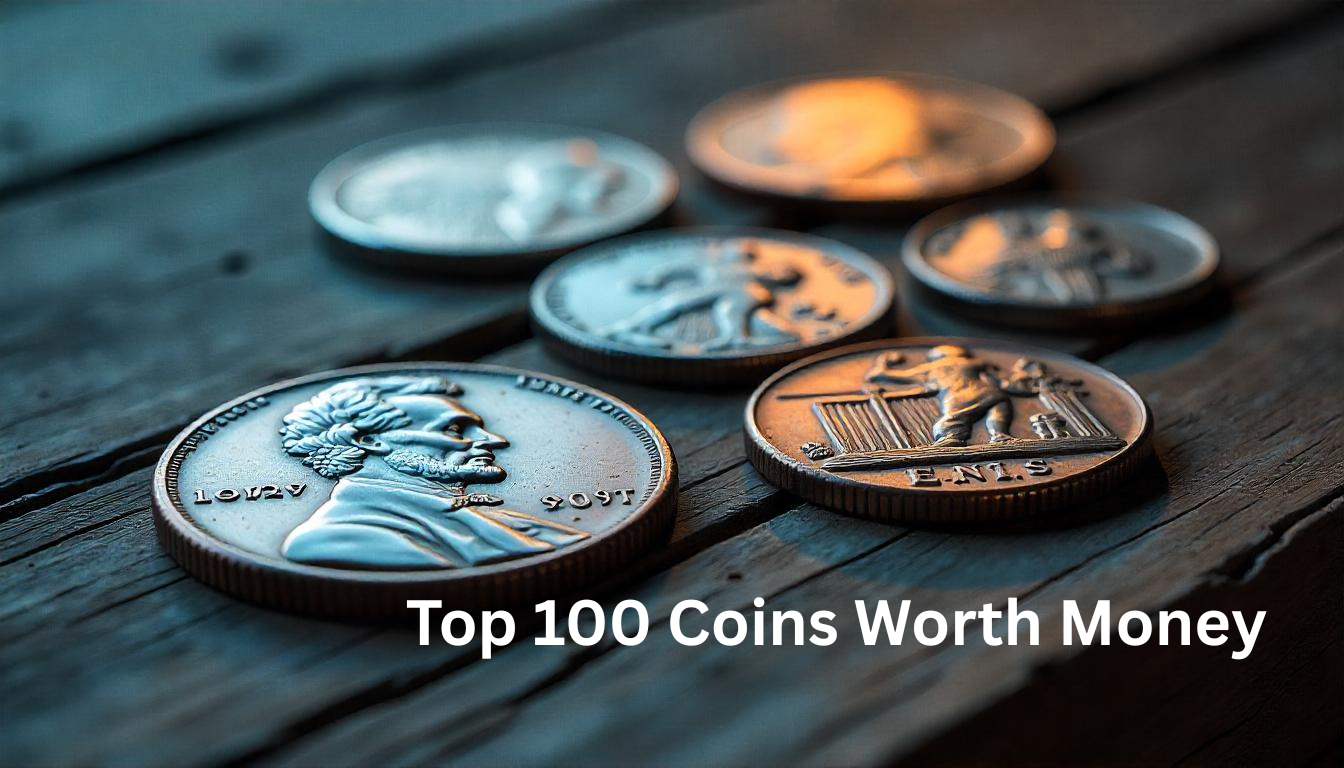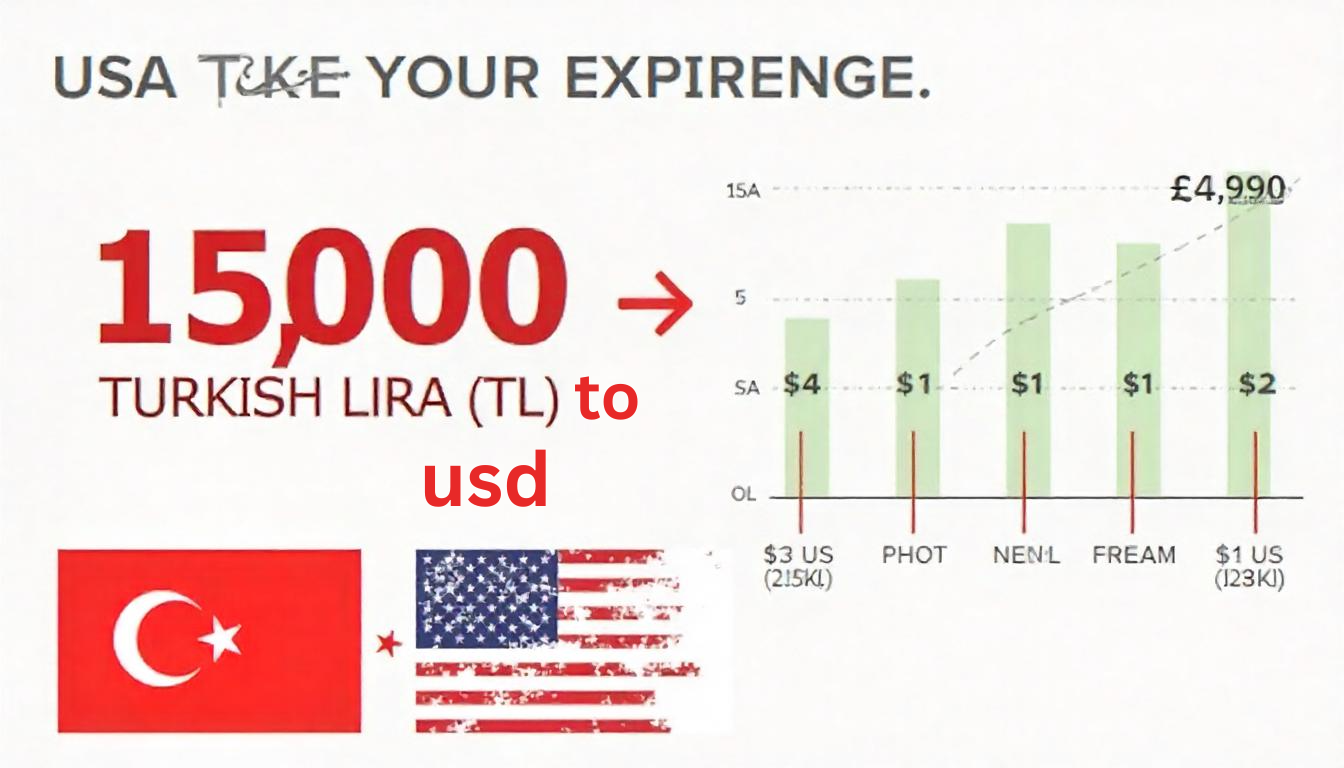Cryptocurrency markets have been known for their volatility, but recent fluctuations have left many investors wondering: Why is the crypto market crashing today? If you’re following the world of digital currencies, you may have noticed significant declines in prices across the board. While some market downturns are expected, understanding the reasons behind these crashes can help you navigate the turbulence with confidence.
In this blog post, we’ll explore the key factors driving the current crypto market crash, and provide actionable insights for both seasoned investors and newcomers alike.
The Nature of Cryptocurrency Volatility
Before diving into the specifics of today’s crash, it’s important to understand that volatility is a hallmark of the crypto market. Unlike traditional markets like stocks and bonds, cryptocurrencies such as Bitcoin, Ethereum, and altcoins can experience rapid price swings due to various factors. This volatility often causes market cycles that can range from bullish (upward trending) to bearish (downward trending), which is exactly what we’re seeing right now.
However, the severity of the downturn today can be attributed to a combination of multiple factors that have intensified the downward pressure on prices.
Global Economic Uncertainty
One of the primary drivers behind today’s crypto market crash is the broader economic climate. In recent months, global financial markets have been hit with uncertainty caused by:

- Rising Inflation: High inflation rates are eroding purchasing power worldwide, pushing central banks, including the Federal Reserve, to raise interest rates. Higher interest rates typically result in less liquidity in the market, reducing investment in riskier assets, including cryptocurrencies.
- Recession Fears: The ongoing risk of global recessions has also caused many investors to pull their funds from high-risk assets, seeking safety in more stable investments. As investors become more risk-averse, cryptocurrency markets suffer, as these assets are seen as speculative.
- Stock Market Performance: The performance of traditional markets often has a direct impact on crypto prices. When the stock market struggles, it can trigger a broader risk-off sentiment, causing the crypto market to experience significant downturns.
Regulatory Concerns in the USA
Another key factor contributing to the crash today is the increasing regulatory scrutiny surrounding the cryptocurrency market in the United States. The U.S. Securities and Exchange Commission (SEC) has been actively working to establish clearer regulations for cryptocurrencies, leading to uncertainty among investors. Some of the major regulatory concerns include:
- SEC Investigations: The SEC has been investigating major cryptocurrency exchanges and tokens, and this has created unease among investors. News of potential lawsuits or regulatory crackdowns can cause panic selling, exacerbating market declines.
- Taxation Policies: Cryptocurrencies, being relatively new assets, are still a gray area for taxation. As the IRS works to implement more stringent tax policies, investors are unsure how these changes might affect their portfolios, which leads to market instability.
- Banning Cryptocurrencies: Rumors of potential government bans or crackdowns on crypto in major economies like the USA or China can significantly dampen investor sentiment, causing prices to tumble. The fear of regulations restricting the use of cryptocurrencies as a legitimate asset class can lead to rapid sell-offs.
Market Manipulation and Whale Activity
A more under-the-radar factor contributing to the crash is the activity of crypto “whales” – individuals or organizations who hold significant amounts of a particular cryptocurrency. These whales have the power to sway markets by making large buy or sell transactions, which can lead to sudden, sharp declines in prices. Some common tactics used by whales to manipulate the market include:
- Pump-and-Dump Schemes: In these scenarios, whales artificially inflate the price of a coin by purchasing large quantities, causing retail investors to buy in. Once the price is sufficiently inflated, the whales sell off their holdings, crashing the market.
- Flash Crashes: Large sell-offs from whales can trigger panic in the market, causing a flash crash. This is when prices drop rapidly over a very short period, often leading to widespread liquidation of assets.
Technological Issues and Network Failures
Sometimes, the crash of a cryptocurrency market can be traced back to technical issues within the network itself. This is particularly common with newer or less established cryptocurrencies, but even Bitcoin and Ethereum have had their share of technical challenges.
- Network Congestion: When a blockchain network becomes too congested with transactions, it can lead to delays and higher fees, which discourages users from engaging with the platform. This can lead to decreased demand, causing prices to fall.
- Security Breaches: News of hacks or security vulnerabilities on major exchanges or cryptocurrency wallets can cause investors to panic sell. A breach in security undermines confidence in the market and creates widespread fear of losing investments.
- Hard Forks or Upgrades: When major cryptocurrencies undergo hard forks or network upgrades, it can sometimes lead to confusion or a loss of confidence in the asset’s future. This uncertainty can drive investors to sell, leading to market crashes.
Media Influence and Public Sentiment
The crypto market is heavily influenced by news outlets, social media platforms, and public sentiment. Rumors, sensationalist headlines, and even celebrity endorsements can play a significant role in shaping the behavior of retail investors. In fact, many people buy and sell based on what they hear or read, rather than on fundamental analysis of the asset itself.
- Negative News Coverage: When there’s widespread negative coverage regarding cryptocurrency scams, market manipulation, or illegal activities involving crypto, it can trigger fear among investors. This fear can cause large-scale selling, further driving down prices.
- Social Media Trends: Platforms like Twitter, Reddit, and Telegram have a huge influence on cryptocurrency markets. When high-profile influencers or communities promote or criticize certain coins, it can lead to volatile market movements.
- FOMO and FUD: Fear of missing out (FOMO) and fear, uncertainty, and doubt (FUD) are powerful emotional triggers in the crypto market. Many investors sell or buy based on these emotions, leading to massive price fluctuations in a short time frame.
The Impact of Global Events
Lastly, global events such as wars, political upheavals, or natural disasters can have a direct impact on the crypto market. Cryptocurrencies, like any other asset, are influenced by geopolitical and economic events. For instance, an outbreak of war or a sudden shift in government policy could cause a market-wide panic, leading to massive declines.

For example, the ongoing crisis in Eastern Europe, inflation fears, or global trade tensions could cause people to withdraw from risky assets and convert their holdings into safer assets such as gold, bonds, or fiat currencies, causing the crypto market to crash.
Frequently Asked Questions
Why is the crypto market crashing today?
The crypto market is experiencing a crash today due to a combination of factors, including global economic uncertainty, rising inflation, regulatory pressures, market manipulation, and negative media coverage. These factors have created an environment of fear and selling, causing prices to drop significantly.
Is the crypto market always this volatile?
Yes, the crypto market is known for its volatility. Unlike traditional assets, cryptocurrencies can experience significant price swings in short periods, making them both a high-risk and high-reward investment. Volatility is a natural characteristic of the crypto market.
Should I sell my crypto assets during a crash?
It’s important to avoid panic selling during a market crash. While short-term downturns can be unsettling, it’s crucial to stay focused on your long-term investment strategy. If you believe in the future potential of cryptocurrencies, selling during a crash may lock in losses. Consider your financial goals and risk tolerance before making any decisions.
How can global events affect cryptocurrency prices?
Global events such as political instability, wars, inflation, or changes in financial policies can greatly influence cryptocurrency prices. These events often trigger fear or uncertainty, which can cause market-wide sell-offs or shifts in investor sentiment, impacting prices.
Can regulatory changes in the USA cause a crypto market crash?
Yes, regulatory changes or potential crackdowns in major markets like the USA can contribute to a market crash. The crypto market is highly sensitive to regulatory news, as many investors fear that increased scrutiny could limit the growth or adoption of cryptocurrencies.
What are crypto whales, and how do they impact the market?
Crypto whales are individuals or entities that hold large amounts of a particular cryptocurrency. These whales have the ability to move the market by making large buy or sell orders. Their actions can lead to significant price fluctuations, and in some cases, market manipulation.
How do media and social media affect crypto prices?
Media coverage and social media trends can greatly influence crypto prices. Negative news or sensationalized headlines can lead to panic selling, while positive coverage or endorsements by influential figures can drive demand. Social media platforms like Twitter and Reddit are particularly influential in shaping market sentiment.
Is this a good time to invest in cryptocurrency?
While market crashes can present buying opportunities for long-term investors, it’s important to approach crypto investments with caution. If you believe in the future of digital currencies and have done your research, this could be a good time to invest at a lower price point. However, always consider your financial situation and risk tolerance before making any investment.
How do network issues affect the crypto market?
Technical issues, such as network congestion or security breaches, can affect cryptocurrency prices. When a network becomes slow or experiences security vulnerabilities, it can cause users to lose confidence in the cryptocurrency, leading to a drop in demand and a decrease in price.
How can I protect my investments during a crypto market crash?
To protect your investments during a market crash, consider diversifying your portfolio, using stop-loss orders to limit potential losses, and staying informed about market trends. Avoid making impulsive decisions based on short-term price movements, and focus on your long-term investment strategy.
Conclusion
So, why is the crypto market crashing today? The combination of global economic uncertainty, regulatory pressure, market manipulation, technological setbacks, and media influence has created the perfect storm for a significant downturn. While this crash may seem alarming, it’s important to remember that the cryptocurrency market has a history of bouncing back after major declines.
For investors, the key takeaway is to avoid panic selling. Instead, focus on long-term strategies, diversify your investments, and stay informed about the market’s movements. If you believe in the future of digital currencies, this may be an opportunity to buy at a discount, but always do so with caution and proper research.
Are you wondering whether this is a buying opportunity, or if you should sell off your assets? The best advice is to stay calm, avoid emotional decision-making, and focus on your long-term goals. If you want to keep track of crypto market movements, sign up for updates and stay engaged with the latest news and trends.






